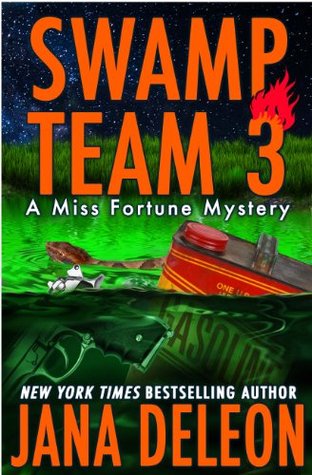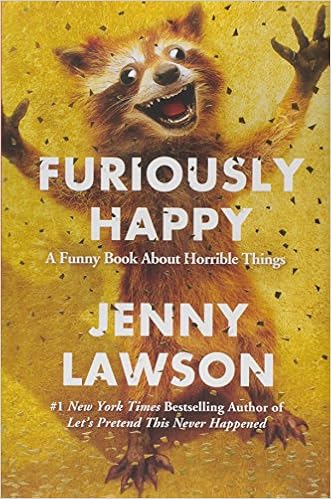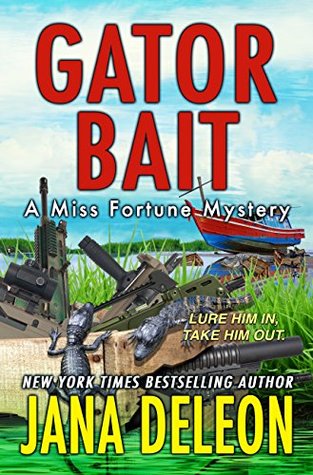 |
| Kensington Books |
The Anatomist's Apprentice
Tessa Harris
2011
The Summary
"In the first in a stunning new mystery series set in eighteenth-century England, Tessa Harris introduces Dr. Thomas Silkstone, anatomist and pioneering forensic detective...
"The death of Sir Edward Crick has unleashed a torrent of gossip through the seedy taverns and elegant ballrooms of Oxfordshire. Few mourn the dissolute young man--except his sister, the beautiful Lady Lydia Farrell. When her husband comes under suspicion for murder, she seeks expert help from Dr. Thomas Silkstone, a young anatomist from Philadelphia.
"Thomas arrived in England to study under its foremost surgeon, where his unconventional methods only add to his outsider status. Against his better judgement he agrees to examine Sir Edward's corpse. But it is not only the dead, but also the living, to whom he must apply the keen blade of his intellect. And the deeper the doctor's investigations go, the greater the risk that he will be consigned to the ranks of the corpses he studies..."
The Good
I stumbled across
The Anatomist's Apprentice purely by accident. I was intrigued by the cover when I was skimming a list of audibooks and I clicked the thumbnail, which lead me, of course, to Tessa Harris's novel. It's not usually the sort of book I would read: a macabre medical thriller that's set at the tail end of the 18th century. I mean, I like historical fiction, but medical dramas I'm a little less inclined to read.
However, I was pleasantly surprised by
The Anatomist's Apprentice. It has a good, solid story with an intricately crafted plot, complex characters, and wonderful historical detail. I especially liked that the author put in the time and effort to describe her characters in such detail, giving them distinctive mannerisms and character quirks that made them instantly recognizable.
I mean, it's hard to forget the corpulent coroner who keeps meat pies hidden in his briefcase, or the egregious Matthew Farrell who flaunts his new wealth after the death of his brother, or the pale, timid creature known as Lady Lydia, who is a lady of perfect breeding (which, confidentially, made her rather boring). And I certainly can't forget Thomas Silkstone and his mentor, Dr. William Carruthers.
Thomas Silkstone is a fascinating individual. Although his skills border on the macabre (he is an anatomist, thus his greatest talents lie in the dissection of corpses and the identification of trauma to the human body), he's incredibly intelligent and, being an American caught in England during the American Revolution, he provides a different perspective on English culture and behavior. More importantly, with his old mentor behind him, he has unique access to a wealth of knowledge--and someone to unceremoniously point out his follies.
Speaking of Thomas's mentor, I have to say I rather liked Dr. Carruthers. He's practically ancient by normal health standards and he's blind, but he doesn't miss a thing. He's quick as a whip, intellectually speaking, and he's an excellent sounding board for Thomas. I loved Thomas' conversations with his old teacher, because they had such an easy rapport, a friendliness that created a unique and quiet lovely dynamic between them. I grew to appreciate their relationship more than I realized.
One of the greatest things I appreciated about the audiobook, however, was the narrator: Simon Vance. Vance does an excellent job of bringing Harris' novel to life, giving a voice to all of the wonderful characters she fabricated. He uses a variety of accents, playing upon the subtle differences in country and county to provide a broad range of voices that use both a soft, lilting cadence to a deep, rough timbre. Truthfully, I found it fascinating to listen to him work and I enjoyed
The Anatomist's Apprentice more for his narration.
The Bad
I supposed my greatest complaint was the pace. Tessa Harris (and Simon Vance) do an excellent job of pacing the story, bringing each and every detail to light slowly; however, I found I was sometimes bored by how the story seemed to drag on
forever.
Much like Agatha Christie's
Murder on the Orient Express,
The Anatomist's Apprentice takes multiple chapters to build and seems to unravel all within a few minutes. While I enjoyed the story overall, I found I didn't like the sudden conclusion. It had far too many twists at the end for my taste, and I found myself rather confused by the fact that the villain I
thought had committed the crime wasn't actually the real mastermind.
It's a bit more convoluted than I would have liked.
As an aside, I do want to point out that I was rather annoyed by how often Lydia was considered to be "fragile," looking "more pale than he'd ever seen her." Yes, I understand she's a fragile, delicate flower; however, I didn't like being reminded multiple times in the same novel.
The Ugly
Murder.
These people are incredibly inventive. You think it's one thing, but it's actually quite another. If it's not murder by bludgeoning, it's murder by drowning or poison or perceived suicide--or, in some cases, attempted murder by physical battery. It's really very gruesome.
And, speaking of gruesome, I found the booming grave-digging trade to be sickeningly macabre. Corpses are dug up from the graves and sold to nearby anatomists, who promptly dissect and dispose of the remains. Even if Thomas does adhere to a set of ethics, which prevents him from taking advantage of the lucrative (if dubious) trade, he is still an anatomist and he still dissects human bodies.
I found myself feeling a bit squeamish from time to time as the narrator described autopsies in graphic detail. It's more than a little disturbing.











